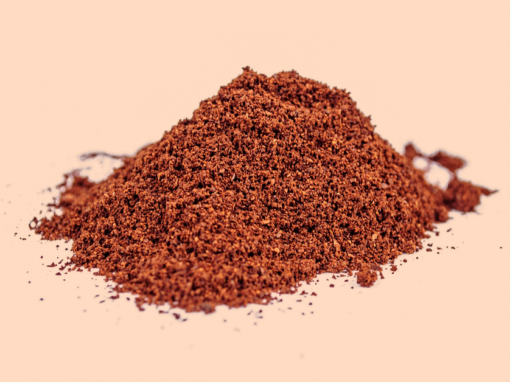When it comes to the wonders of nature, few substances can top collagen. This vital, protein-rich compound is a fundamental building block in our bodies and has numerous benefits, from reducing wrinkles and improving skin tone to aiding joint pain relief. But there are also potential side effects to consider.
In this article, we’ll explore the different types of collagen available, the many health benefits it offers, and any potentially harmful side effects.
So, let’s get started.
An overview of collagen
Collagen is a protein that makes up about one-third of our overall protein content. It’s found in our skin, bones, tendons, ligaments, and other connective tissues. Collagen provides structure and strength to our bodies, helping us hold ourselves together.
Types of collagen
Type I Collagen:
The most common type of collagen present in the body is found in various parts such as skin, tendons, ligaments, bones, and teeth.
Type II Collagen:
The main location of this collagen type is in cartilage, the connective tissue that cushions joints and provides flexibility.
Type III Collagen:
This is found in the skin, blood vessels, and internal organs. It supports and strengthens these tissues and plays a role in wound healing.
Type IV Collagen:
This collagen variant is present in the basement membrane, a tissue layer that provides support and separates various types of tissues.
Type V Collagen:
This collagen is present in hair, nails, and the placenta. It aids in the development of these tissues and helps to uphold their strength and structure.
Benefits of collagen
Skin health:
Collagen helps in maintaining the skin’s strength and elasticity as it is a significant constituent of the skin.
Joint health:
Collagen cushions and supports the joints. Studies have shown collagen supplements may help reduce joint pain in people with osteoarthritis and other joint conditions.
Bone health:
Collagen is also a bone tissue component and helps maintain its strength and structure.
Gut health:
Collagen may help improve gut health by promoting the growth of gut bacteria and reducing inflammation in the digestive tract. This may help alleviate symptoms like irritable bowel syndrome (IBS) and leaky gut syndrome.
Muscle mass:
Taking collagen supplements may help preserve muscle mass and improve physical performance in older adults.
Hair and nail health:
Collagen is a key component of hair and nails, it helps improve their strength and appearance.
Side effects of collagen
Digestive issues:
Some people may experience digestive symptoms like bloating, diarrhea, or constipation after taking collagen supplements.
Allergic reactions:
Collagen supplements can cause allergic reactions in some people, particularly those with a history of allergies to beef, chicken, or fish products.
High calcium levels:
Some collagen supplements contain high calcium levels, which can lead to hypercalcemia, a condition in which too much calcium is in the blood.
Skin rash:
In rare cases, collagen supplements may cause a skin rash or other allergic skin reactions.
Bad taste:
Collagen supplements can have an unpleasant taste or odor, which may make them difficult for some people to consume.
Interactions with medications:
Collagen supplements can interact with certain medications, particularly blood thinners and other medications that affect blood clotting.
Where can I buy collagen powder in Singapore/Malaysia?
Collagen powder can be purchased online in Singapore and Malaysia. Ensure that you read labels carefully before purchasing to ensure the product contains natural ingredients with no artificial additives or preservatives. For those looking for an online purchase, it is recommended that you buy the collagen powder from andSons.
Conclusion
Collagen is an essential component of the human body and is responsible for maintaining a healthy, youthful appearance. It can be found in many foods, supplements, and cosmetic products. While it has been linked to some potential health benefits, it may also cause some side effects that should be considered when considering supplementation or using collagen-containing products.
Ultimately, speaking with a medical professional before beginning any new dietary regimen or supplement is important.
FAQs
Is it good to take collagen every day?
Yes, collagen may offer a range of potential health benefits when taken daily.
Should you take collagen as you age?
Yes, as you age your natural collagen levels decrease, which can lead to wrinkles and other skin issues. Taking a daily dose of collagen may help improve your skin’s elasticity and reduce the signs of aging.
What are the symptoms of a lack of collagen?
Symptoms of low levels of collagen include skin becoming thinner, weaker nails and hair, joint pain and stiffness, wrinkles, dryness, and sagging.
This article is for informational purposes only and does not constitute medical advice. The information contained herein is not a substitute for and should never be relied upon for professional medical advice. Book a consultation with andSons medical team to learn more about healthcare treatments here.


